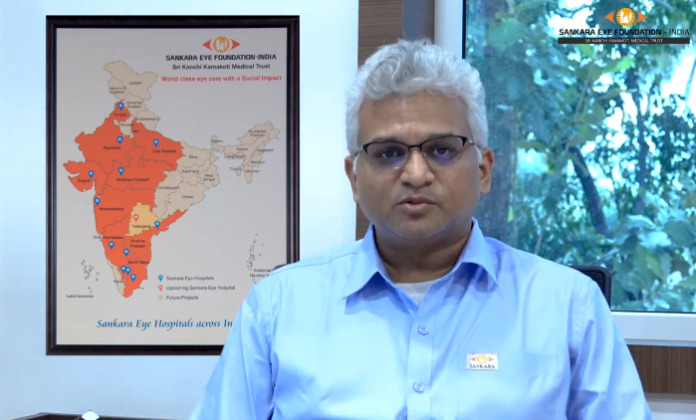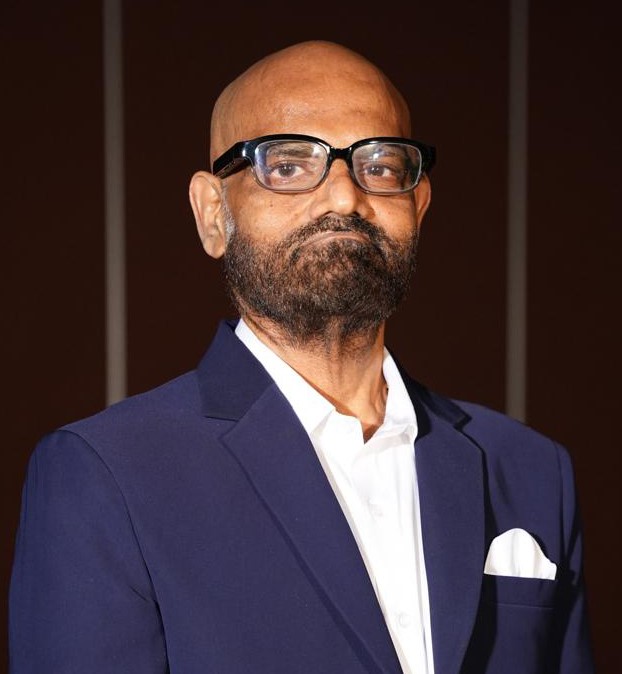Reduction in Duties on Healthcare Items, Plans for new Medical Colleges are Welcome.
– Azad Moopen, Founder and Chairman, Aster DM Healthcare


With 66% of the Indian population still under the age of 35 and an estimated 7-8 million youth entering the job market annually, Union Budget 2024-25 provides a much-needed impetus to advancing employment opportunities and youth upskilling, supported by focus on comprehensive development for the country. Although healthcare did not seem to have a major focus this time, it is promising to see the 12.5% hike in budget allocation for the sector at Rs. 89,287 crores as compared to the last Budget. In a period of maintaining the status quo, the government is taking bold strides with initiatives outlined in the Interim Budget 2024, including the establishment of new medical colleges, the promotion of vaccines for cervical cancer, expanded maternal and child care schemes, and the innovative “You Win” platform for immunisation. Additionally, the proposed reduction in customs duties on X-ray tubes and flat panel detectors for domestic X-ray machine production, alongside the exemption of three cancer medicines from customs duty, marks a significant relief for cancer patients nationwide. This progressive budget underscores a commitment to fostering inclusive growth within the healthcare sector, striving to bridge the rural-urban divide and ensure equitable access to essential services.
Budgets Promotion of R&D/Innovation in Healthcare will enable Healthcare Solutions.
– Bharath Balasubramaniam, President, Operations and Administration, Sankara Eye Foundation India


The Unison Budget has provided measures that will bolster the healthcare industry by promoting affordability, accessibility, and self-reliance in medical technology and treatments. The announcement of the changes in the Basic Customs Duty (BCD) on x-ray tubes and flat panel detectors for use in medical x-ray machines will provide advanced diagnostic tools at more competitive prices, leading to improved diagnostic services and patient outcomes. Operationalizing the Anusandhan National Research Fund will support basic research and prototype development in healthcare, fostering the creation of innovative treatments and advanced diagnostic techniques. Increased R&D funding will improve patient outcomes and drive private sector investment in healthcare solutions. Enhanced research and innovation will develop advanced healthcare infrastructure, address pressing health challenges, retain top talent, and boost India’s global competitiveness in healthcare. The focus on women and youth empowerment through skill enhancement opportunities will also help bridge the talent gap in the healthcare sector.
Reduction in Duties on some Medicines and Medical Devices will help Eye Care.
– Deepshikha Sharma, CEO, Sharp Sight Eye Hospitals


Union Budget 2024 marks a transformative moment for India’s healthcare and medical industries. With the government’s emphasis on ‘Viksit Bharat’, promoting inclusive growth, and focusing on employment, manufacturing, innovation, R&D, and next-gen reforms, this budget is set to significantly impact our sector. It aims to reduce the financial burden of critical medical treatments. The exemption of Customs Duties on medications and the reduction in Basic Customs Duty on medical devices such as x-ray tubes and flat panel detectors will greatly enhance the accessibility and affordability of vital medical technologies, including those used in eye care. The significant increase in the National Health Mission’s allocation to ₹38,183 crore for 2024-25, a 12.7% rise from the previous year, highlights the government’s commitment to strengthening healthcare services. The increase in research and development funding, including a boost to the Anusandhan Fund, is a great step forward. It aligns perfectly with our goal of staying at the cutting edge of ophthalmic innovation.
Moreover, the emphasis on public-private partnerships and corporate investments will be key to scaling up solutions and improving service delivery. We remain committed to collaborating with the government and industry peers to address remaining gaps in healthcare accessibility and affordability, ensuring that every individual benefits from high-quality eye care. The substantial boost in the Union Health Ministry’s budget from ₹79,221 crore in 2023-24 to ₹90,171 crore for 2024-2025 represents a robust investment in expanding and modernizing healthcare services. For the ophthalmology sector, this translates into increased opportunities to integrate advanced diagnostic and therapeutic technologies, directly benefiting millions of patients with improved care and outcomes. The allocation of ₹1.2 trillion to the Health Ministry underscores a crucial step towards meeting the rising demand for eye care in India. As the Indian ophthalmic devices market is projected to reach $3.5 billion by 2026, this budget’s focus on expanding healthcare infrastructure and incorporating state-of-the-art technology is particularly timely. Investments in cutting-edge eye care equipment are essential not only for enhancing diagnostic and treatment capabilities but also for improving patient outcomes. With nearly 10 million individuals affected by vision impairments in India, integrating advanced technology in eye care is pivotal.
While Duty Reduction and Exemptions on Medications are welcome, more steps are required.
– K Hari Prasad, Group Chairman and Non-Executive Director, Quality Care India Ltd


Thank the Finance Minister for her continued efforts in making healthcare more accessible by exempting additional cancer medications from customs duties, building on the exemptions introduced in the last budget. This, along with the customs duty exemptions for foods and drugs used for rare diseases, significantly alleviates the financial burden on patients who are already grappling with the trauma of their conditions. We eagerly anticipate further exemptions for drugs and medical consumables related to other lifestyle diseases, which will help make healthcare accessible to even more people. However, it is worth noting that the increase in the healthcare budget allocation compared to the previous year is marginal. There is still a pressing need to substantially bridge the gap in achieving the vision of quality healthcare for all.
Innovation fund and Duty Reductions on Medical Equipment will strengthen Healthcare Infrastructure.
– Sangita Reddy, JMD, Apollo Hospitals Group


The budget announcement demonstrates the Government’s commitment to enhancing the healthcare system through a holistic approach. The change in the Basic Customs Duty (BCD) for X-ray tubes and flat panel detectors under the phased manufacturing program is a great strategic move. This will reduce costs and give a boost to domestic manufacturing capacity of India. Further, announcement of exemption of customs duties on three cancer medications is a notable step in improving treatment accessibility and affordability for a major health challenge. This move shows the Government’s dedication to addressing the cancer burden and alleviating patient financial stress. In the interim budget the government allocated ₹90,171 crore for the health sector, this investment was crucial for developing sustainable healthcare strategies across India. Additionally, the budget had already announced health coverage for individuals over 70 up to ₹5 lakhs and an innovation fund, which are critical for advancing healthcare. These moves have helped the healthcare sector to strengthen infrastructure.
Making Caner Drugs less costly and other steps on Innovation will help Healthcare and the Medical Industry.
– Saransh Chaudhary, President, Global Critical Care, Venus Remedies Ltd and CEO, Venus Medicine Research Centre


The Central government’s decision to exempt three more cancer medicines from customs duty is a commendable step towards making cancer drugs more affordable. It will also make oncology exports more competitive and incentivise manufacturers by reducing their costs. We also welcome the Finance Minister’s announcement to include manufacturing & services and innovation, research & development among the nine priority areas identified by the government to ensure fast-paced growth in line with its vision of “Viksit Bharat”. Pharma manufacturing being India’s strength, we expect the government to build on it with its incentive-based approach. A renewed focus on innovation and R&D, on the other hand, will transform India into a value-driven economy, unleashing its immense potential wealth creation potential.























